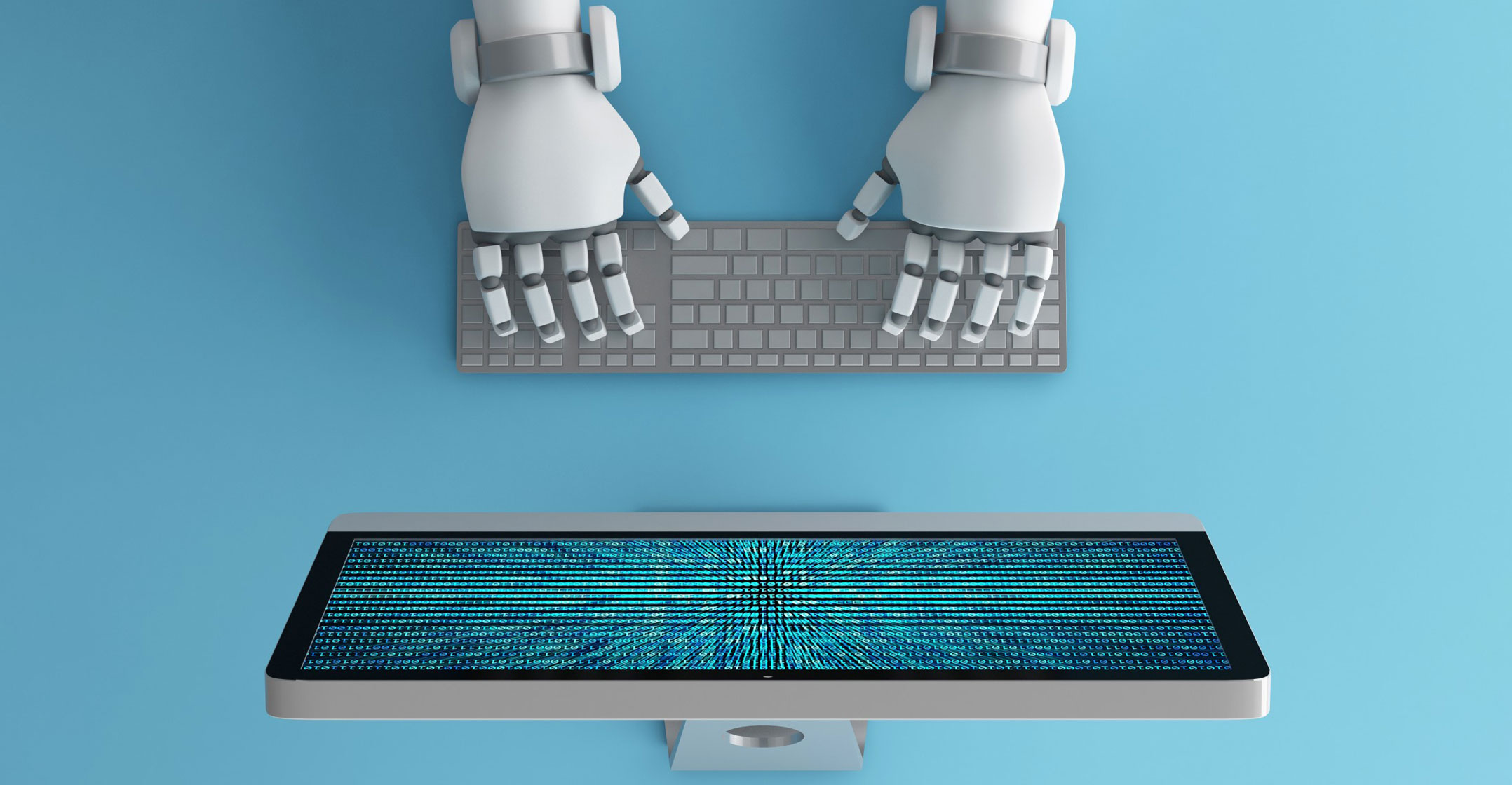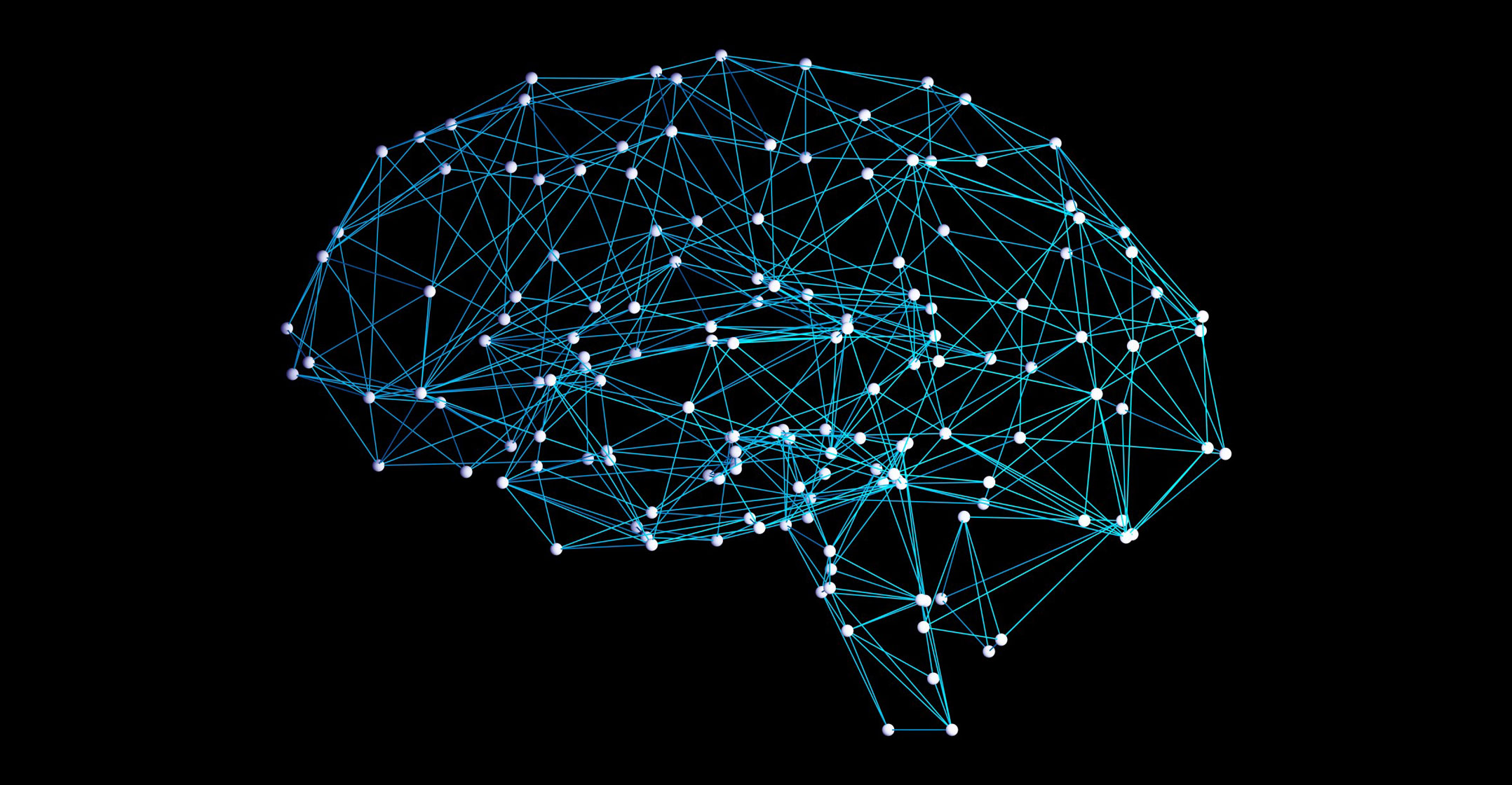 Ryan Abbott’s eight-year quest to put man and machine on a near-equal footing under international patent law is finally seeing positive results.
Ryan Abbott’s eight-year quest to put man and machine on a near-equal footing under international patent law is finally seeing positive results.
Recent decisions from South Africa and Australia that an artificial intelligence machine can be listed as inventor on a patent is putting greater pressure on the US and Europe to resolve debates over what it means to be an inventor.
“We’re moving into a new paradigm where not only do people invent, people build artificial intelligence that can invent,” said Abbott, a University of Surrey law professor and author of the 2020 book, The Reasonable Robot: Artificial Intelligence and the Law.
Read: In a world first, SA grants a patent listing an AI as the inventor
“Most of the time there is someone who qualifies as an inventor,” he said. “It will increasingly be the case where someone doesn’t qualify as inventor, and that’s the problem.”
Courts in the US and UK are expected to issue rulings later this year, and policymakers are gathering information on how to deal with the rising use of AI. Promotion of artificial intelligence is a key part of US legislation before congress to increase research funding and better compete with China. AI is identified as one of the “must-win technologies of the future” by the Biden administration.
Putting the wrong name as inventor can be costly — rendering the patent unenforceable or invalid, and eliminating a crucial competitive advantage.
Abbott, who’s focused on AI and the law since 2013, said corporations are unwilling to push the issue if it means not being able to obtain legal protection for their products. So he set up the Artificial Intelligence Project and enlisted Imagination Engines founder Stephen Thaler to build a machine whose main purpose was to invent.
The result was Dabus, a “creativity machine” that “invented” a beverage container and a “device for attracting enhanced attention”. He and a group of lawyers — all working for free — filed patent applications in 17 jurisdictions listing Dabus as the inventor.
Rebuffed
“It’s an issue of public importance,” Abbott said. “Are there companies cheering us on? Yes, especially companies whose business model is using AI.”
Until the late July rulings in South Africa and Australia, Abbott’s team was consistently rebuffed. US district judge Leonie Brinkema in April told Abbott that he has an “uphill battle” in overturning a rejection by the US Patent and Trademark Office. A UK court heard arguments in July on the same question. The European Patent Office has scheduled a hearing in December.
“If you can get patents from innovations derived from AI, it may influence where you’re going to invest in this technology,” said Kate Gaudry, a patent lawyer with Kilpatrick Townsend & Stockton who specialises in tech inventions.
 Artificial intelligence uses a machine to perform steps that mimic the work of a human mind but at lightning speed, and promises to transform everything from drug discovery to autonomous cars. Current AI technology isn’t quite there yet, though “this area of tech is evolving very quickly, so the sooner we say what we’re going to do, the better”, Gaudry said.
Artificial intelligence uses a machine to perform steps that mimic the work of a human mind but at lightning speed, and promises to transform everything from drug discovery to autonomous cars. Current AI technology isn’t quite there yet, though “this area of tech is evolving very quickly, so the sooner we say what we’re going to do, the better”, Gaudry said.
AI computers can identify new drug molecules or identify new uses for old drugs, but it still takes human researchers and lots of money to develop those results into a new medicine, said Hans Sauer, deputy general counsel for BIO, the trade group for biotechnology companies. Life sciences companies still see AI as a tool, but if patent offices decide the AI did all the work, it could mean no patent is issued at all.
Dabus is a test case, but “it’s more important to get it right, even if it takes time”, Sauer said.
The congressionally mandated National Security Commission on Artificial Intelligence, headed by former Google chairman Eric Schmidt, spent two years studying the ethical, investment and legal issues surrounding AI. In a March report, it found that the US “lacks the comprehensive IP policies it needs for the AI era and is hindered by legal uncertainties in current US patent eligibility and patentability doctrine”.
The complexity of the questions means no easy — or fast — answers. US law makes clear that an inventor must be a human, and to list AI as an inventor “would require a change in the law and it’s unclear to me if there is the appetite” for that, said former PTO Director Andrei Iancu.
Seeking comment
The US patent office has gathered input from a range of companies and individuals on how to address AI both as an invention and potential inventor, and is seeking comment on how patent eligibility affects investment. It also created a dataset of the 13.2 million US patents and published applications related to machine learning.
The issue of inventorship is just a small part of the quandary over how to deal with AI, such as what types of AI software are eligible for a patent and who owns the massive amounts of data required to “teach” the machines. There’s also the question of how examiners compare the work of humans in a lab against the exponential computing power of a machine to determine if an idea is unique.
“A decision clarifying which AI inventions are eligible for patenting would be much more impactful than whether an AI could be labelled an inventor,” said Michael Portnov, a lawyer with Fish & Richardson who specialises in machine-learning patent applications.
 The answer may be a new type of patent, just as there are for certain plants or non-functional designs, Iancu said. Abbott suggests eliminating the name of inventors altogether, and just naming the owner of the patent, which would be an individual or company.
The answer may be a new type of patent, just as there are for certain plants or non-functional designs, Iancu said. Abbott suggests eliminating the name of inventors altogether, and just naming the owner of the patent, which would be an individual or company.
In 1980, the US supreme court ruled that living organisms created in a lab could be patented, a decision widely seen as opening the door for the modern biotechnology industry. Abbott says the Dabus cases could do the same for artificial intelligence.
That 1980 decision said “a patent protects anything under the sun made by man”, Abbott said. “Now it will be anything under the sun made by AI.” — Reported by Susan Decker, (c) 2021 Bloomberg LP

